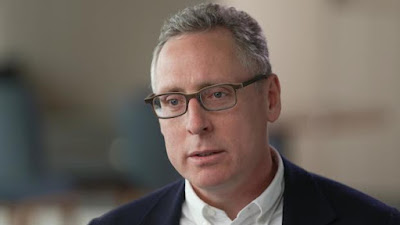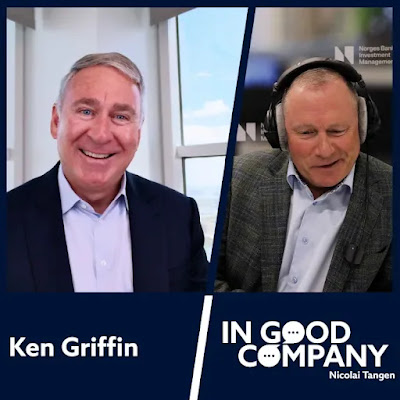CPP Investments and GIP Taking ALLETE Private in US$6.2 Billion Deal

Seher Dareen of Reuters reports CPPIB co-leads partnership acquiring US utility ALLETE in $6.2-billion deal: U.S. utility Allete said on Monday that it had agreed a deal with investment firms Global Infrastructure Partners and CPP Investments to be taken private at a US$6.2-billion valuation, inclusive of debt. The transaction is a rare example of a U.S. utility being taken private by investment firms, and comes at a time when such companies are receiving increased investor interest as technological innovations, such as artificial intelligence and data centres, boost power demand. For utilities such as Allete, this hunger for power comes as they are implementing a shift to greener forms of generation, creating the need for significant investment in their networks. Allete chief executive officer Bethany Owen told Reuters that the Minnesota-based company’s strategy involved spending US$4.3-billion on renewables over the next five years, and further billions on investments


